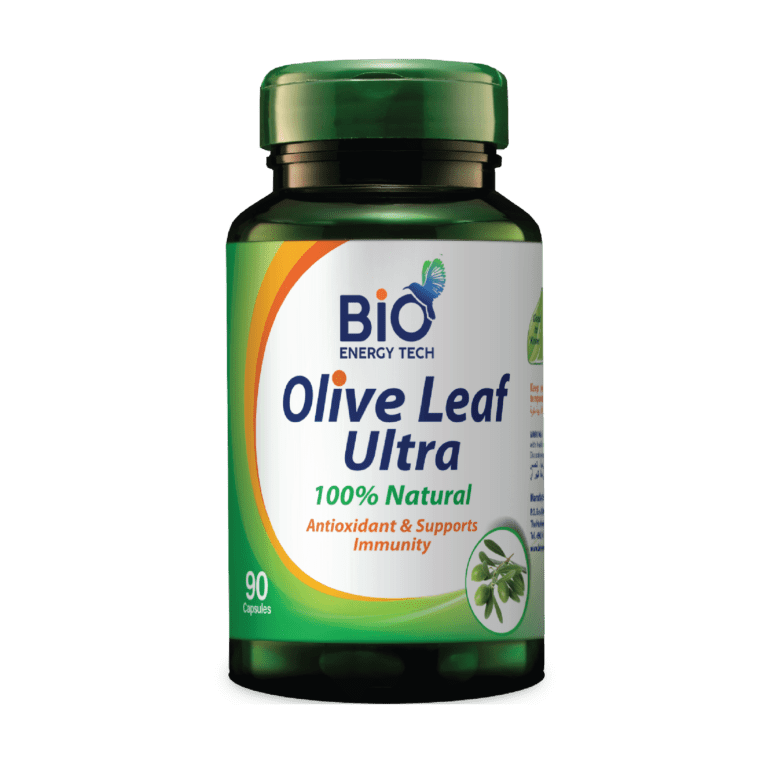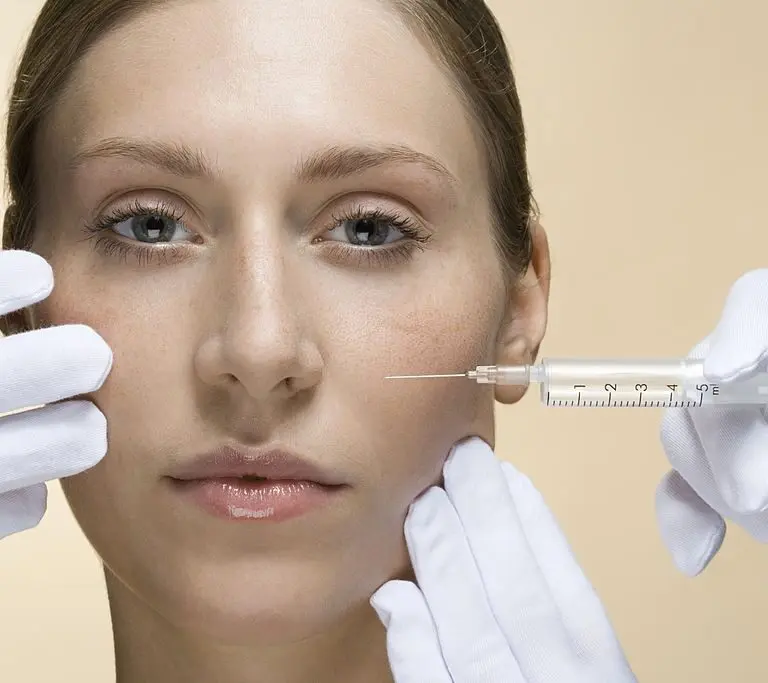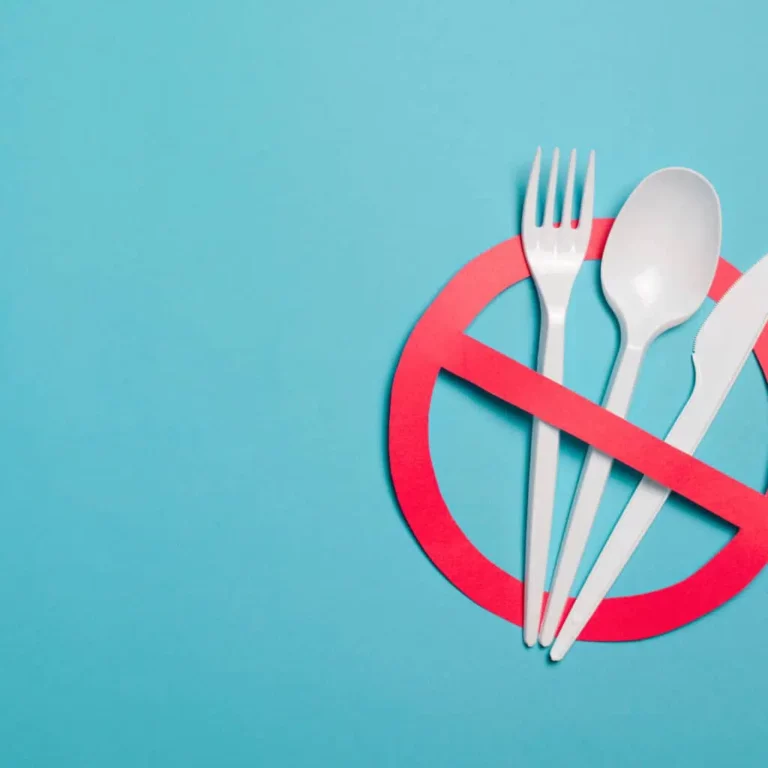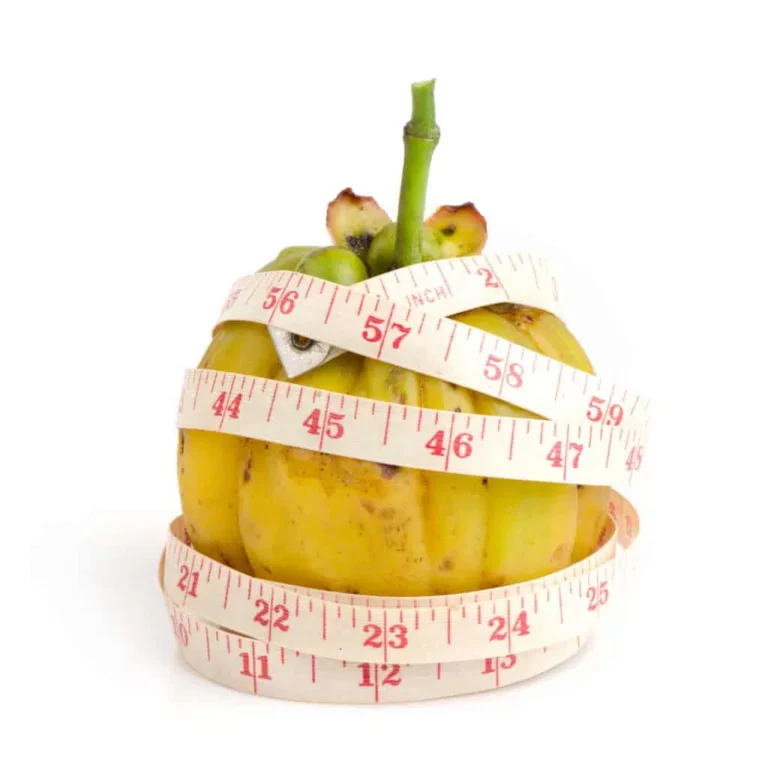The abundance and vast benefits of olive leaves in the Middle East and Mediterranean countries has led to its widespread use in the region. It’s use heavily relies on its multiple benefits in protecting the digestive system and nervous system. It also has antimicrobial, anticancer, antioxidant and anti-inflammatory properties.
Moreover, olive leaf extract is a famous traditional natural remedy used to treat various skin conditions, including dermatitis, wound healing and burn treatment. It is also beneficial for stomach and intestinal pain in addition to fevers caused by malaria.
It’s Mechanism of Action
Olive leaves contain oleuropein, which is an antioxidant and anti-inflammatory compound.
Benefits of Olive Leaf
- Olive Leaf & Blood Pressure
Studies have shown that consuming olive leaf extract helps reduce blood pressure readings in patients with hypertension. It also combats atherosclerosis; a condition in which blood vessels lose their elasticity. Blood pressure and arteriosclerosis are some of the most dangerous conditions leading to compromised heart health.
- Olive Leaf & Immunity
Studies have shown that taking olive leaf extract significantly increases the body’s immunity, as it has been shown to increase the number of natural killer cells and interferons. This leads to an increase in the activity of the immune system thus strengthening the human body.
- Olive Leaf & Blood Sugar
Studies have shown that taking olive leaf extract increases insulin secretion. Insulin is the hormone responsible for controlling blood sugar levels. It was also documented that the rate of random glucose readings decreased. Moreover, fasting sugar readings decreased in people with diabetes.
- Olive Leaf & Weight Loss
Olive leaf contains oleuropein, which helps in weight loss. Studies have shown that people who consumed olive leaves lost weight which was evident through reduced body mass index and fat mass. It is also believed to reduce blood cholesterol levels.
- Olive Leaf & Cancer
Studies have shown that olive leaves possess anticancer properties, since they are highly antioxidant.
- Olive Leaf is an Anti Inflammatory
Some studies conducted on patients with intestinal inflammation as well as arthritis showed the effectiveness of olive leaves in fighting inflammation proven by documented improvements in affected patients.
- Olive leaf & Parkinson’s Disease
Olive leaves contain oleuropein; a powerful antioxidant, shown to preserve dopamine receptors in Parkinson’s disease or tremor disorders.
Side Effects of Olive Leaf
In general, olive leaves are safe to consume and they are very beneficial to the body.
- Olive Leaf for Pregnant & Breastfeeding Women
There is insufficient information and no documented benefit regarding the consumption of olive leaves during pregnancy or lactation. Therefore, it is advised to avoid it’s consumption during these periods.
- Olive Leaf & Blood Pressure
Olive leaves lower blood pressure, therefore concomitant use with antihypertensives, may lead to an additive decrease in blood pressure followed by hypoperfusion (reduced blood circulation). Therefore, it is advisable to contact your doctor before concomitant consumption.
- Olive Leaf & Blood Sugar
Olive leaves reduce blood sugar levels, so they should be consumed with care in patients taking anti-diabetic medication together with olive leaves. It is also highly recommended to contact your doctor, in order to avoid severe hypoglycemia.
- Other slight symptoms also appeared during the use of olive leaves, including headache and mild muscle pain.
Olive Leaf Drug Interactions
- Olive Leaf & Blood Pressure Lowering Medications
The effect of olive leaf has been shown to reduce blood pressure readings and increase the effect of blood pressure lowering medications, so there are concerns that blood circulation will decrease if taken together leading to hypoperfusion.
- Olive Leaf & Blood Sugar Lowering Medications
The administration of olive leaves with anti-diabetic medications should be used with caution to avoid hypoglycemia. Therefore, you should inform your doctor if you are taking any anti-diabetic medications, as he/she may adjust the dosage accordingly.
- Olive Leaf & Chemotherapy
A preliminary study suggests the possibility of interference between olive leaves and chemotherapy drugs. Their combination should be avoided and you must inform your doctor or medical medical staff to take this into consideration if concomitant administration occurs.






